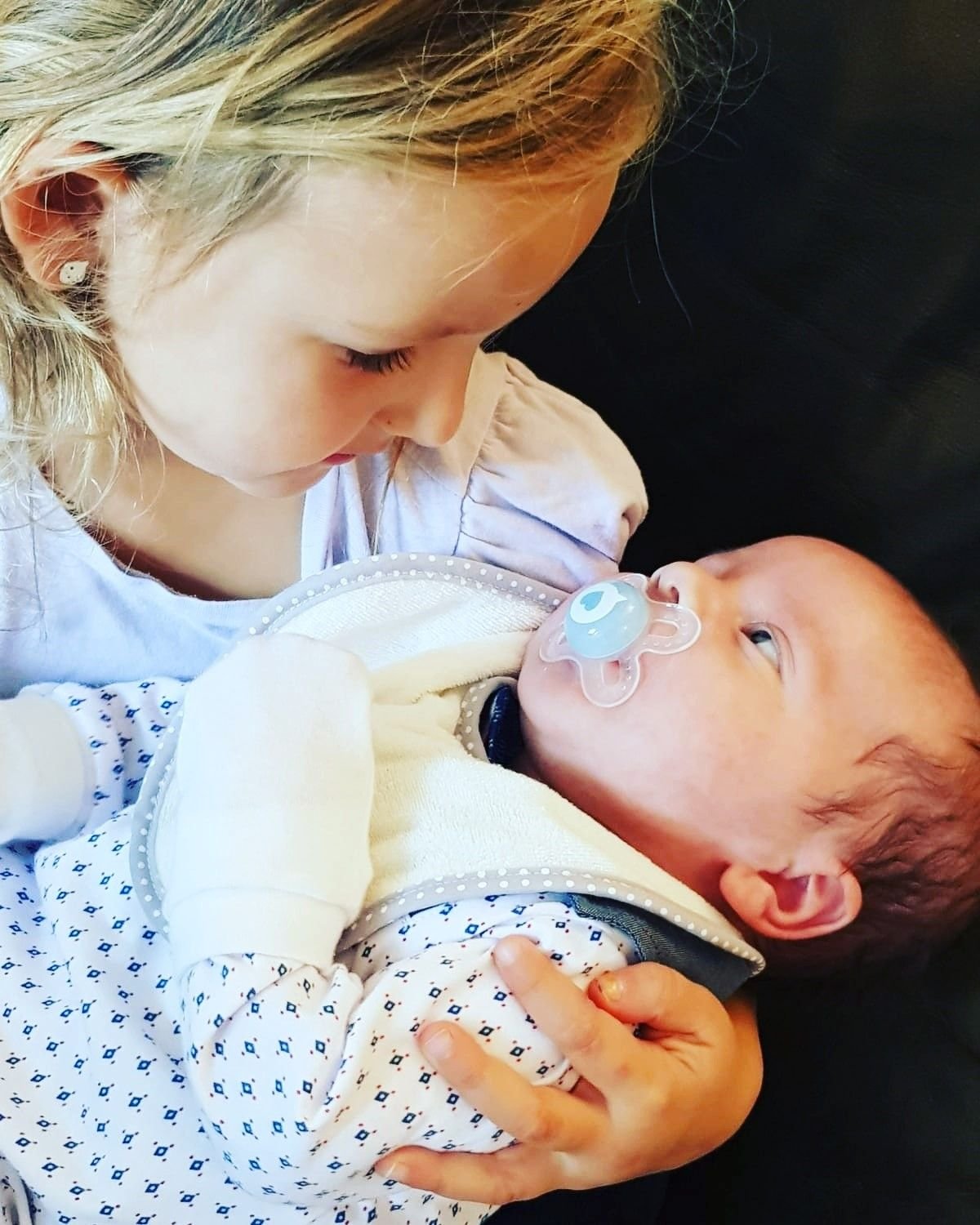(NHS resource) Introducing your baby to solid foods, sometimes called complementary feeding or weaning, should start when your baby is around 6 months old.
At the beginning, how much your baby eats is less important than getting them used to the idea of eating.
They'll still be getting most of their energy and nutrients from breast milk or first infant formula.
Giving your baby a variety of foods, alongside breast or formula milk, from around 6 months of age will help set your child up for a lifetime of healthier eating.
Gradually, you'll be able to increase the amount and variety of food your baby eats until they can eat the same foods as the rest of the family, in smaller portions.
 Why wait until around 6 months?
Breast milk or first infant formula provide the energy and nutrients your baby needs until they're around 6 months old (with the exception of vitamin D in some cases).
If you're breastfeeding, feeding only breast milk up to around 6 months of age will help protect your baby against illness and infections.
Waiting until around 6 months gives your baby time to develop so they can cope fully with solid foods. This includes solid foods made into purées, cereals and baby rice added to milk.
Your baby will be more able to feed themselves.
Your baby will be better at moving food around their mouth, chewing and swallowing it. This may mean they'll be able to progress to a range of tastes and textures (such as mashed, lumpy and finger foods) more quickly, and may not need smooth, blended foods at all.
If your baby was born prematurely, ask your health visitor or GP for advice on when to start introducing solid foods.
Why wait until around 6 months?
Breast milk or first infant formula provide the energy and nutrients your baby needs until they're around 6 months old (with the exception of vitamin D in some cases).
If you're breastfeeding, feeding only breast milk up to around 6 months of age will help protect your baby against illness and infections.
Waiting until around 6 months gives your baby time to develop so they can cope fully with solid foods. This includes solid foods made into purées, cereals and baby rice added to milk.
Your baby will be more able to feed themselves.
Your baby will be better at moving food around their mouth, chewing and swallowing it. This may mean they'll be able to progress to a range of tastes and textures (such as mashed, lumpy and finger foods) more quickly, and may not need smooth, blended foods at all.
If your baby was born prematurely, ask your health visitor or GP for advice on when to start introducing solid foods.
Signs your baby is ready for solid foods There are 3 clear signs, which, when they appear together from around 6 months of age, show your baby is ready for their first solid foods alongside breast milk or first infant formula.
They'll be able to:
stay in a sitting position and hold their head steady co-ordinate their eyes, hands and mouth so they can look at the food, pick it up and put it in their mouth by themselves swallow food (rather than spit it back out) The following behaviours can be mistaken by parents as signs that their baby's ready for solid foods:
chewing their fists waking up in the night (more than usual) wanting extra milk feeds These are all normal behaviours for babies and not necessarily a sign that they're hungry or ready to start solid food.
Starting solid foods will not make your baby any more likely to sleep through the night.
Sometimes a little extra milk will help until they're ready for solid foods.